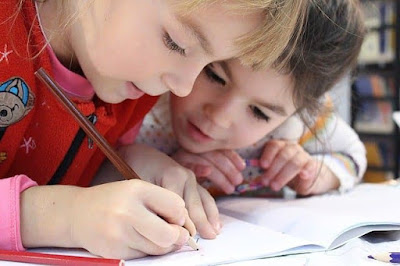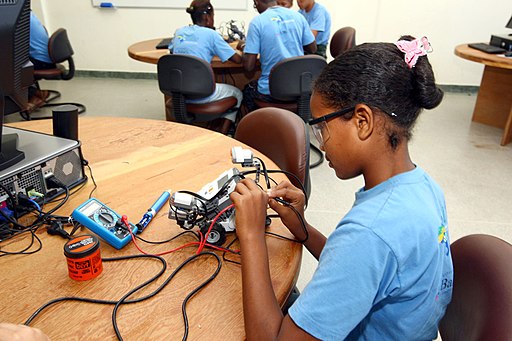Today, May 4, is the National Day of Reason. Secular organizations like the American Humanist Association have been promoting it for years. Have these efforts made a difference? Should they? Would you like to see more reason? Does it make sense to have a day reminding us all about why reason matters?
From the American Humanist Association's press release:
The National Day of Reason, celebrated annually on May 4th, honors the vital role that reason and critical thinking play in safeguarding secular democracy and upholding the separation of church and state. The resolution articulates the importance of reason in evidence-based policy making, protecting the separation of church and state, resisting the rise of authoritarianism in the US, and advancing civil and human rights.

















